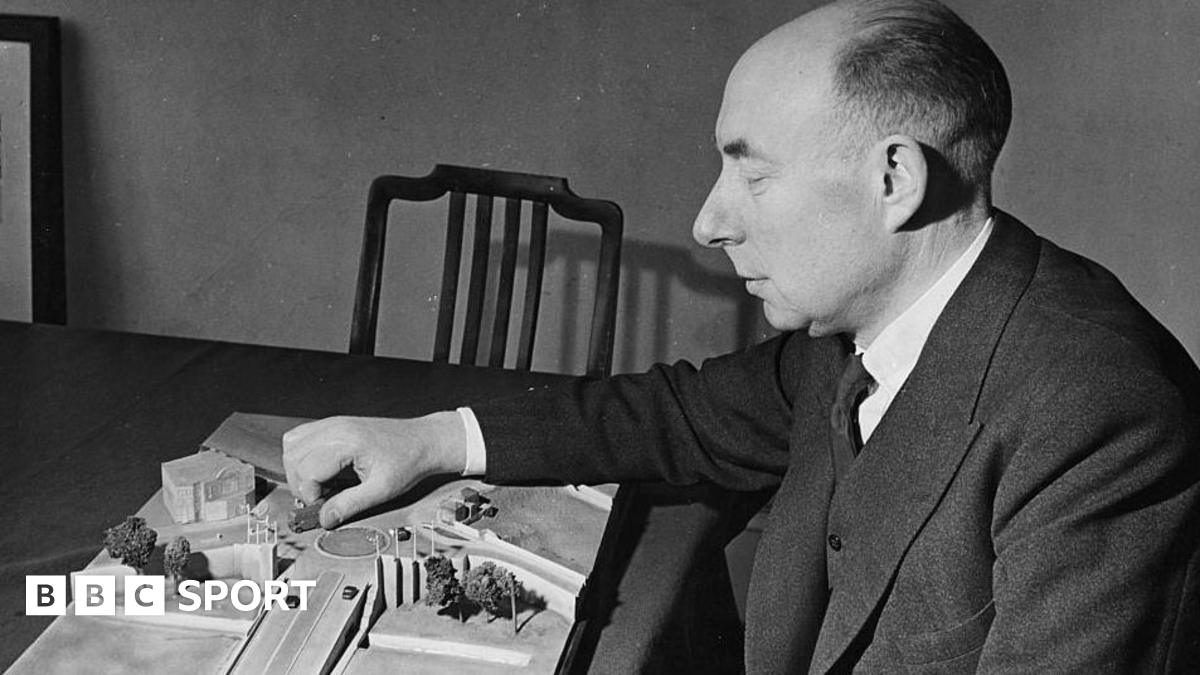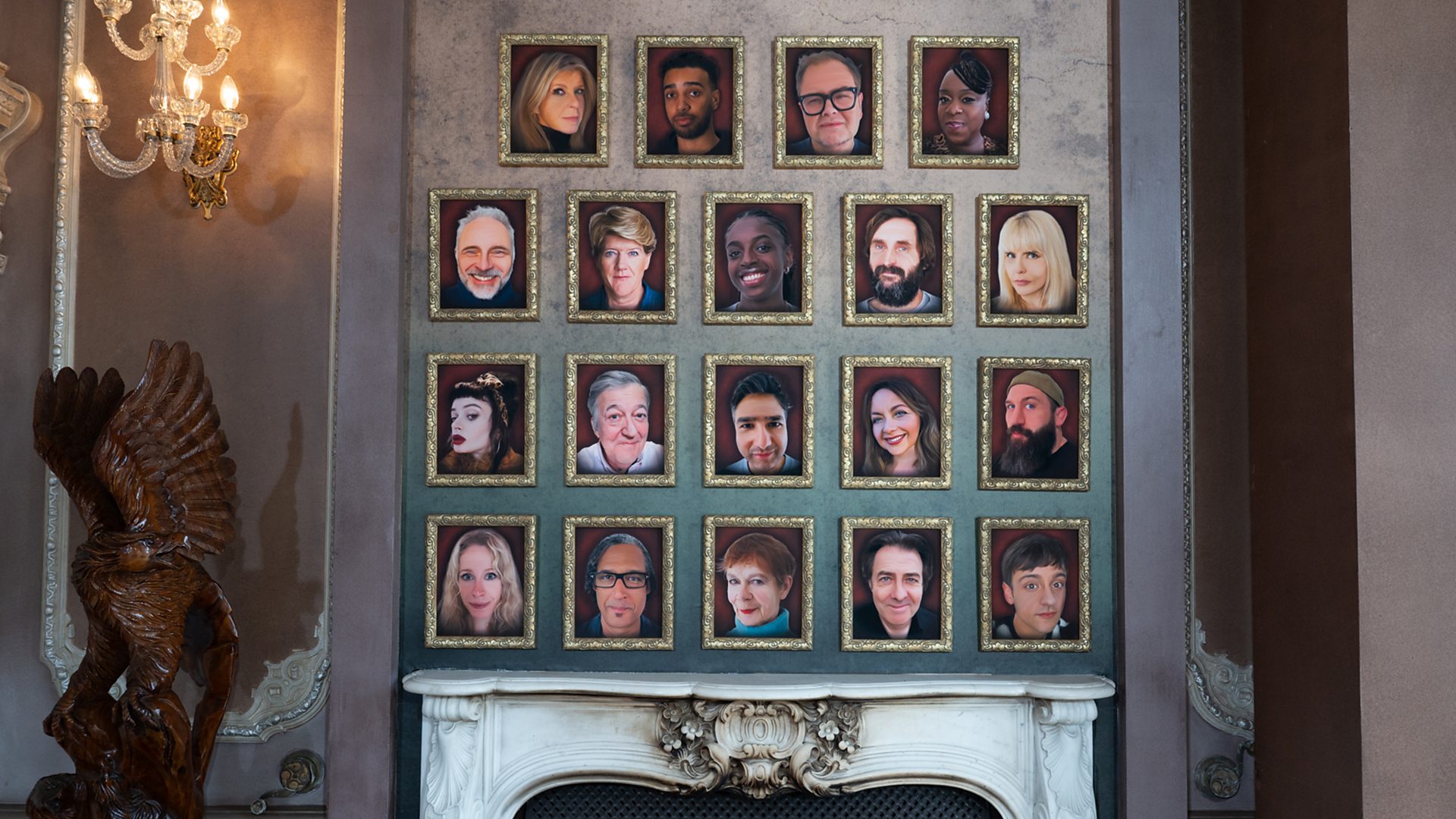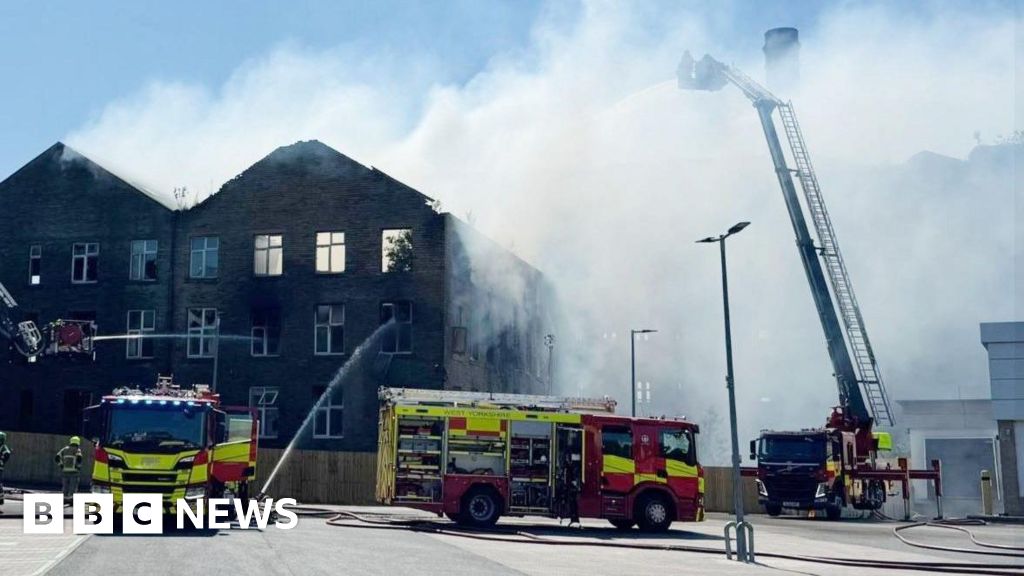Director-General sets out vision for BBC as catalyst for building trust
The Director-General has warned the UK faces a profound crisis of trust, which risks significant implications for cohesion, democratic stability, and economic growth.
In a major speech in Greater Manchester, Tim Davie said the UK must make a series of bold, urgent choices to reverse the erosion of societal trust - and that the BBC stands ready to play a central role in this renewal.
He spoke at the Lowry Theatre in Salford, addressing an audience of local decision makers, industry experts and policy makers. The speech was also screened live to BBC staff across the country.
He told them the BBC can become “An institution that builds social capital and stimulates growth in the online, AI age.
“I don’t want to catastrophise; we have so much to be proud of as the UK: our tolerance, our innovative spirit, our creativity, our humour, our sense of fairness but I think that unless we act we will drift. Becoming weaker, less trusting, less competitive,” he told the audience.
“The future of our cohesive, democratic society feels, for the first time in my life, at risk. This speaks to issues way beyond party politics or one event, but to longer term factors such as the online revolution and globalisation.
“With that in mind, we have been thinking how we can harness a precious national asset, the BBC. How can it have maximum catalytic effect on the UK? How we can help families and the UK as a whole?”
“With courage, collaboration, investment and imagination, we can create a UK that is more inclusive, more secure, and more successful,” he added.
He set out five strategic interventions the UK can make - with the BBC as a key delivery partner:
He then shared with the audience some of the bold ideas the BBC is exploring for the future as part of this. These would need “funding as well as sufficient flexibility for the BBC to innovate,” he said.
These ideas include:
- A call for a national plan for IP switchover in the 2030s - ensuring a smooth, inclusive transition from broadcast to internet-based delivery, including proposals for a new streaming media device, designed with accessibility in mind, aimed at helping those currently underserved by digital services.
The Director-General said:
“Our vision is clear: create a growing, Reithian media organisation that offers exceptional value to its owners, the UK public, all based on building long term trust.
“A creative organisation delivering world class content and services underpinned by our values, at the cutting-edge of innovation, rapidly deploying AI for good. A global centre of excellence.”
Turning to the BBC’s Royal Charter beyond 2027 and the debate about future funding options, he went on:
“Critically, we will need a strong Charter to enable growth, securing a universal public service BBC for a generation and safeguarding our independence.
“We need a Charter that allows us to act faster – to be more agile and respond to the changing market, technology, and audience needs.
“One which allows the BBC to extend our partnerships with other PSBs and enables the BBC and other UK players to build scale together.
“When it comes to funding, we are not asking for the status quo. We want modernisation and reform. But in doing so we must safeguard universality.
“All the funding models that have been floated in the debate have their merits and drawbacks. But some such as advertising or subscription don’t pass the test of building a universal trusted public service.
“Beyond that, we keep an open mind. And we continue to actively explore all options that can make our funding model fairer, more modern, and more sustainable.”











